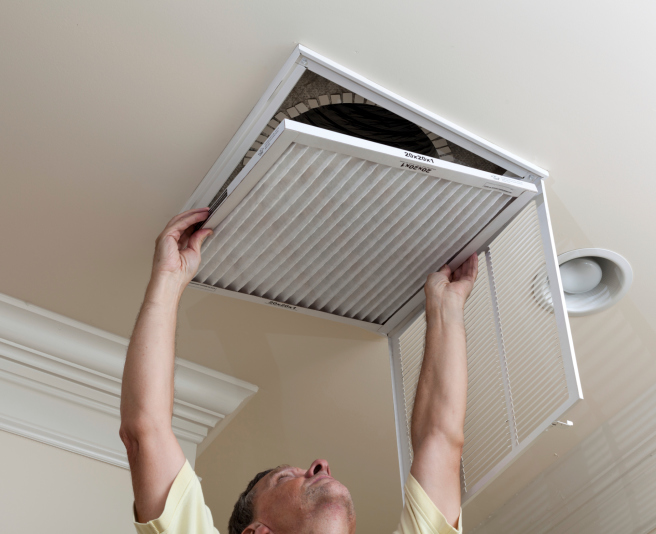
The quality of the air you breathe has a big impact on your overall health. In fact, indoor air pollution is one of the leading environmental health risks. Poor air quality can cause a variety of respiratory problems, including asthma and other respiratory infections. It can also worsen allergies and other existing medical conditions.
You spend a lot of time indoors, so it’s important that the air you’re breathing is clean. Here are some easy ways to improve your indoor air quality and keep your family healthy.
The importance of clean air for your health
We all know that fresh air is good for our health, but did you know that poor air quality can actually lead to a whole host of health problems? In fact, the EPA estimated in their article that poor air quality contributes to over 50,000 premature deaths each year in the United States.
So what exactly is in the air that is so harmful? A variety of pollutants, including smog, dust, pollen, and even viruses and bacteria. These pollutants can cause everything from respiratory problems to heart disease and cancer.
That’s why it’s so important to make sure that the air in your home is as clean as possible. There are a number of ways to do this, including using air purifiers and vacuuming regularly.
You can also try to avoid using chemical cleaners and fragrances, as these can release harmful chemicals into the air. By taking these simple steps, you can help to improve your health and protect yourself from the dangers of poor air quality.
The dangers of poor indoor air quality
Most people don’t think twice about the air they breathe indoors. However, the quality of indoor air can be much poorer than outdoor air, and this can have serious consequences for health. Poor indoor air quality can cause a range of symptoms, from headaches and fatigue to dizziness and nausea.
In some cases, it can even lead to more serious conditions such as respiratory illnesses and cancer. There are a number of factors that can contribute to poor indoor air quality, including dust, mold, chemicals, and emissions from cooking or heating appliances.
To protect your health, it’s important to be aware of the dangers of poor indoor air quality and take steps to improve the air in your home or office. This may involve something as simple as opening a window to ventilate the space or using an air purifier to remove contaminants from the air.
By taking action to improve indoor air quality, you can help protect your health and breathe easier.
How to improve the air quality in your home
Most of us spend the majority of our time indoors, so it’s important to make sure the air quality in our homes is as healthy as possible. There are a number of things you can do to improve the air quality in your home, and many of them are easy and inexpensive.
One way to improve air quality is to keep your house clean and free of dust. Dust can contain a variety of harmful pollutants, so it’s important to vacuum and dust regularly. Another way to improve air quality is to include plants in your home. Plants help to purify the air by absorbing carbon dioxide and releasing oxygen.
In addition, they can also help to reduce mold growth. Finally, you can also improve air quality by opening windows on a regular basis to let fresh air in and circulating the air with fans. By taking these simple steps, you can help ensure that the air in your home is clean and healthful.
Simple steps to take for better indoor air quality
Most people are aware of the importance of fresh, clean air. After all, we need oxygen to breathe! However, did you know that the quality of the air inside your home can be just as important as the air outdoors?
Poor indoor air quality can lead to a variety of health problems, from headaches and fatigue to respiratory problems and allergies. Luckily, there are a few simple steps you can take to improve the air quality in your home.
One way to improve indoor air quality is to make sure your home is well-ventilated. Open windows and doors on a regular basis to allow fresh air to circulate. You can also invest in an air purifier or indoor plants, which help to filter out pollutants and improve oxygen levels.
Another way to improve indoor air quality is to control sources of pollution. Smoke from cigarettes, wood-burning fireplaces, and candles can all contribute to poor air quality, so try to avoid using these items indoors.
Finally, regularly cleaning your home can also help to improve air quality by removing dust, pollen, and other irritants from surfaces and fabrics.By following these simple tips, you can help ensure that the air in your home is fresh and clean – and your family can breathe easy.

